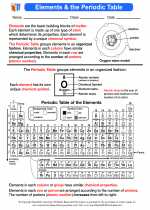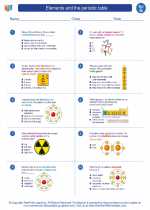Carbonate Minerals
Carbonate minerals are a diverse group of minerals that contain the carbonate ion (CO3^2-). They are formed through the combination of carbon, oxygen, and a metal ion, typically calcium, magnesium, or iron. Carbonate minerals are an important component of the Earth's crust and play a significant role in geological processes.
Formation
Carbonate minerals are formed through a variety of processes, including precipitation from water, biogenic processes involving the shells and skeletons of marine organisms, and metamorphism of pre-existing carbonate rocks. The most common carbonate mineral is calcite, which is formed through the precipitation of calcium carbonate from water.
Properties
Carbonate minerals are generally soft and exhibit a wide range of colors and crystal forms. They often effervesce when they come into contact with acid due to the release of carbon dioxide gas. Additionally, carbonate minerals have a relatively high solubility in water, which makes them susceptible to dissolution and recrystallization processes.
Uses
Carbonate minerals have a variety of industrial uses, including as a source of calcium and magnesium for fertilizers, as a building material in the form of limestone and marble, and as a component of cement and concrete. They also have economic importance as a source of valuable metals such as lead, zinc, and copper, which are often found in association with carbonate mineral deposits.
Study Guide
.◂Science Worksheets and Study Guides Seventh Grade. Elements and the periodic table

 Activity Lesson
Activity Lesson
 Worksheet/Answer key
Worksheet/Answer key
 Worksheet/Answer key
Worksheet/Answer key
 Worksheet/Answer key
Worksheet/Answer key
 Worksheet/Answer key
Worksheet/Answer key
 Vocabulary/Answer key
Vocabulary/Answer key
 Vocabulary/Answer key
Vocabulary/Answer key
